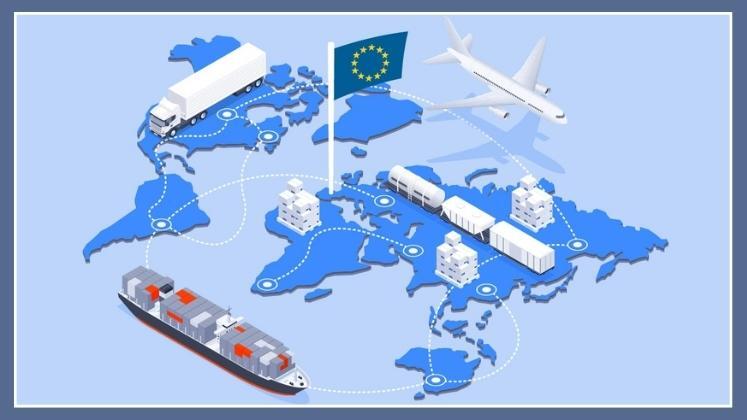The newly proposed EU supply chain regulation is in danger of collapsing because of Germany. According to Government sources, the Federal Ministries of Justice and Finance were unable to endorse the proposals.
“In the Council of the European Union, this will result in Germany abstaining, which will have the effect of a ‘no’ vote,” according to the German Press Agency from Justice Minister Marco Buschmann and Finance Minister Christian Lindner, both FDP members. The final vote by EU member states is still pending in the EU Council.
Negotiators from the European Parliament and EU member states secured an agreement on the initiative in mid-December. However, there is still merely a political agreement. Officials are presently drafting a detailed legal document, which might be completed within the next several weeks. It must then be completed and approved by EU member states and the European Parliament.
An EU ambassador told the German Press Agency that if Germany abstains, it is questionable if the EU members would still have a sufficient majority to support the idea. Other nations may follow Germany’s lead and vote against the initiative as well. This indicates that one of the EU’s biggest trade policy efforts is on the verge of failure.
According to another EU ambassador, the Belgian Council Presidency will continue to pursue the idea. They indicated an arrangement was being worked on.
There is already a supply chain legislation in Germany, but the EU version exceeds the standards of the German law. The German law applies to businesses with more than 1,000 employees. The restriction is likely to be reduced in the EU version. It also allows for firms to be held accountable under civil law and claims for damages can be made, for example. This has so far been omitted from the German Supply Chain Act.
Buschmann and Lindner argued that EU legislation will significantly increase corporations’ legal liability for breaches of duty in the supply chain. Furthermore, many more enterprises would be affected than under existing German legislation. Construction would likewise be classified as a “risk sector.” This might jeopardise the survival of small and medium-sized businesses in this sector, which has already been hampered by increasing lending rates. “Our impression is that many companies simply do not have the necessary human and financial resources,” said one of the ministers. “It is to be feared that even less will be built in Germany in the future.”
Recently, Chancellor Olaf Scholz (SPD), and numerous key German industrial organisations urged to oppose the proposed EU supply chain rules. They cautioned of “legal uncertainty, bureaucracy, and incalculable risks” (DPA).







